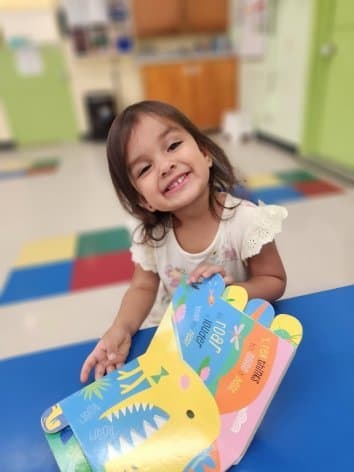Montessori Education Shows Significant Reading Gains, Potentially Reducing Learning Gaps

New research indicates that Montessori education can lead to substantial improvements in reading skills, particularly for disadvantaged children. A recent tweet from user @melissa highlighted this potential, stating, > "montessori may have highest upside for boys shifts the intercept left." This suggests a positive impact on baseline educational outcomes, especially for male students.
A comprehensive study published in a peer-reviewed journal found that kindergarteners in adapted Montessori public school programs significantly outperformed their peers in conventional classrooms on reading assessments. This specific academic advantage was observed even when other skills like math, executive functions, and social abilities showed comparable development between the two educational approaches. The effect size for reading improvement was noted as 0.68, considered very large in educational interventions.
The phrase "shifts the intercept left" in a statistical context implies an improvement in a baseline outcome. In this educational context, it suggests that Montessori education effectively elevates the starting point of reading proficiency, potentially reducing pre-existing learning deficits or accelerating progress from a common baseline. This objective shift points to a tangible benefit in literacy development.
While the primary research focused on general student populations, educational experts suggest that certain aspects of the Montessori method particularly resonate with learning styles often observed in boys. These include an emphasis on hands-on learning, freedom of movement within the classroom, and self-directed activities. The curriculum also fosters problem-solving skills and practical life applications, which are often cited as areas where boys thrive.
Montessori classrooms, characterized by multi-age groupings and individualized learning paths, provide an environment conducive to independent exploration and discovery. This approach allows children to progress at their own pace, fostering a deeper engagement with the material. The findings underscore Montessori's potential as a valuable educational model, especially in addressing early literacy development and potentially narrowing achievement gaps.